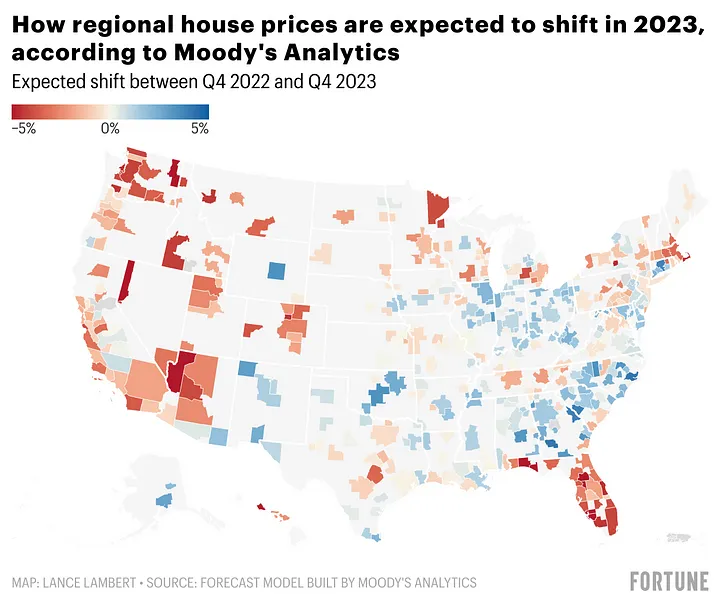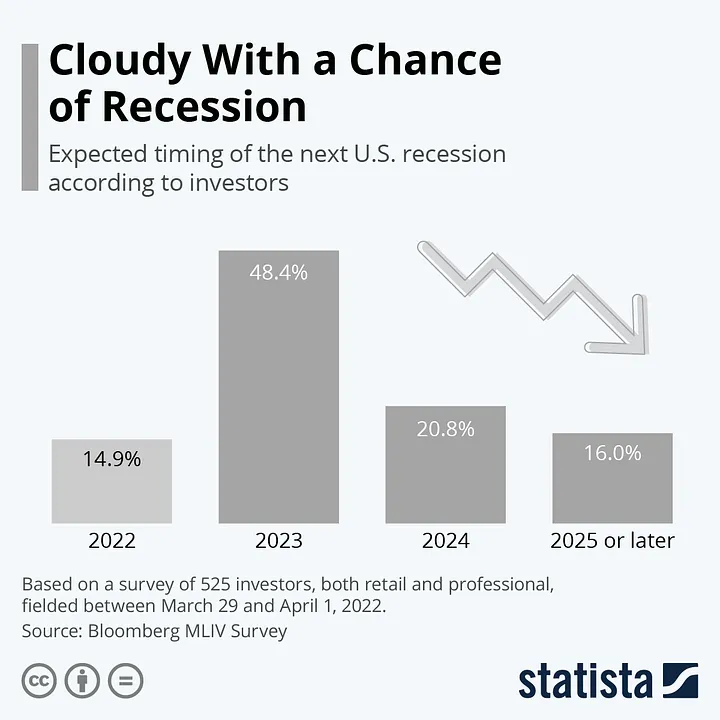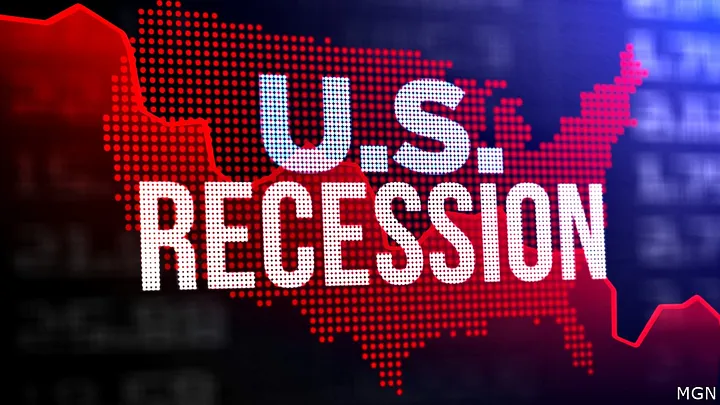The United States economy is a complex system that is driven by various factors such as consumer spendng, government policies, trade relations, and global economic conditions. Despite the efforts of policymakers, economists, and financial experts to keep the economy stable and growing, the possibility of a recession always looms on the horizon. As we look into the future, it is essential to understand the potential causes of a recession and how it could impact the United States economy.
What is a recession? A recession is a period of economic decline that lasts for at least six months. It is characterized by a significant decrease in economic activity, such as a decline in Gross Domestic Product (GDP), rising unemployment rates, and a decrease in consumer spending. Recessions can be caused by various factors, such as a financial crisis, a decrease in demand for goods and services, or a decline in business investments.
Historical Recession Data in the United States The United States has experienced several recessions in its history, the most significant being the Great Depression of the 1930s. Since then, there have been ten recessions, the most recent being the COVID-19 pandemic-induced recession in 2020.
The Cause of Future Recessions in the United States Various factors can cause future recessions in the United States. Some of the potential causes include:
A significant decrease in consumer spending due to a decrease in consumer confidence and income.
A financial crisis resulting from high levels of debt and risky investments in the stock market and housing market.

Trade wars and international tensions leading to a decrease in exports and imports, thereby decreasing economic activity.
The bursting of asset bubbles, such as a sudden drop in stock prices or a decline in the housing market.
The impact of climate change and natural disasters, leading to a decrease in economic activity and higher costs for businesses.
The Impact of Recessions on the United States Economy Recessions can have a significant impact on the United States economy, leading to:
A decline in GDP and economic growth, leading to a decrease in the overall standard of living.
An increase in unemployment rates, leading to decreased consumer confidence and lower levels of consumer spending.
A decrease in business investments, leading to a decrease in innovation and economic growth.
A decline in tax revenues for the government, leading to a decrease in funding for social programs and government services.
How Can the United States Government Prevent and Mitigate the Impact of Recessions? The United States government can take various measures to prevent and mitigate the impact of future recessions. Some of these measures include:
Implementing monetary policies, such as lowering interest rates or increasing the money supply, to stimulate economic activity.
Implementing fiscal policies, such as increasing government spending or cutting taxes, to increase consumer spending and business investments.
Investing in infrastructure and education to increase long-term economic growth.
Implementing regulations to prevent risky investments and financial practices that could lead to a financial crisis.
Developing and implementing strategies to address climate change and its impact on the economy.
In conclusion, the possibility of a future recession in the United States is always present. While the causes and impact of future recessions may vary, it is essential for policymakers, economists, and financial experts to work together to develop strategies that can prevent and mitigate the impact of future recessions.

As former U.S. President Franklin D. Roosevelt once said, “The only limit to our realization of tomorrow will be our doubts of today. Let us move forward with strong and active faith.”
References:
Clickable Links:
Famous Quotes:
“In economics, things take longer to happen than you think they will, and then they happen faster than you thought they could.” – Rudiger Dornbusch
“When the tide goes out, you see who’s swimming naked.” – Warren Buffett
“The four most dangerous words in investing are: ‘this time it’s different.'” – Sir John Templeton
As we move forward into the future, it is essential to be aware of the potential for a recession and to develop strategies to prevent and mitigate its impact. By working together and implementing effective policies, we can ensure that the United States economy remains stable and prosperous for years to come.












